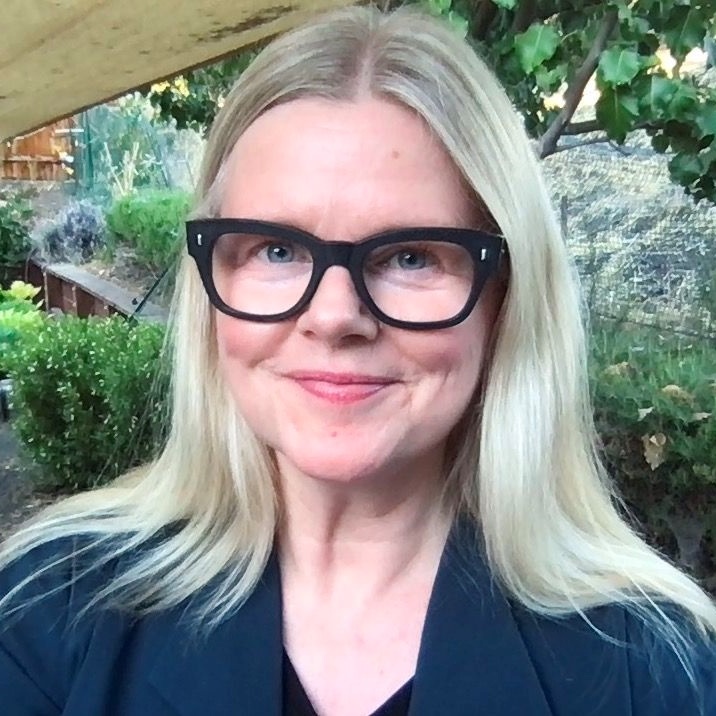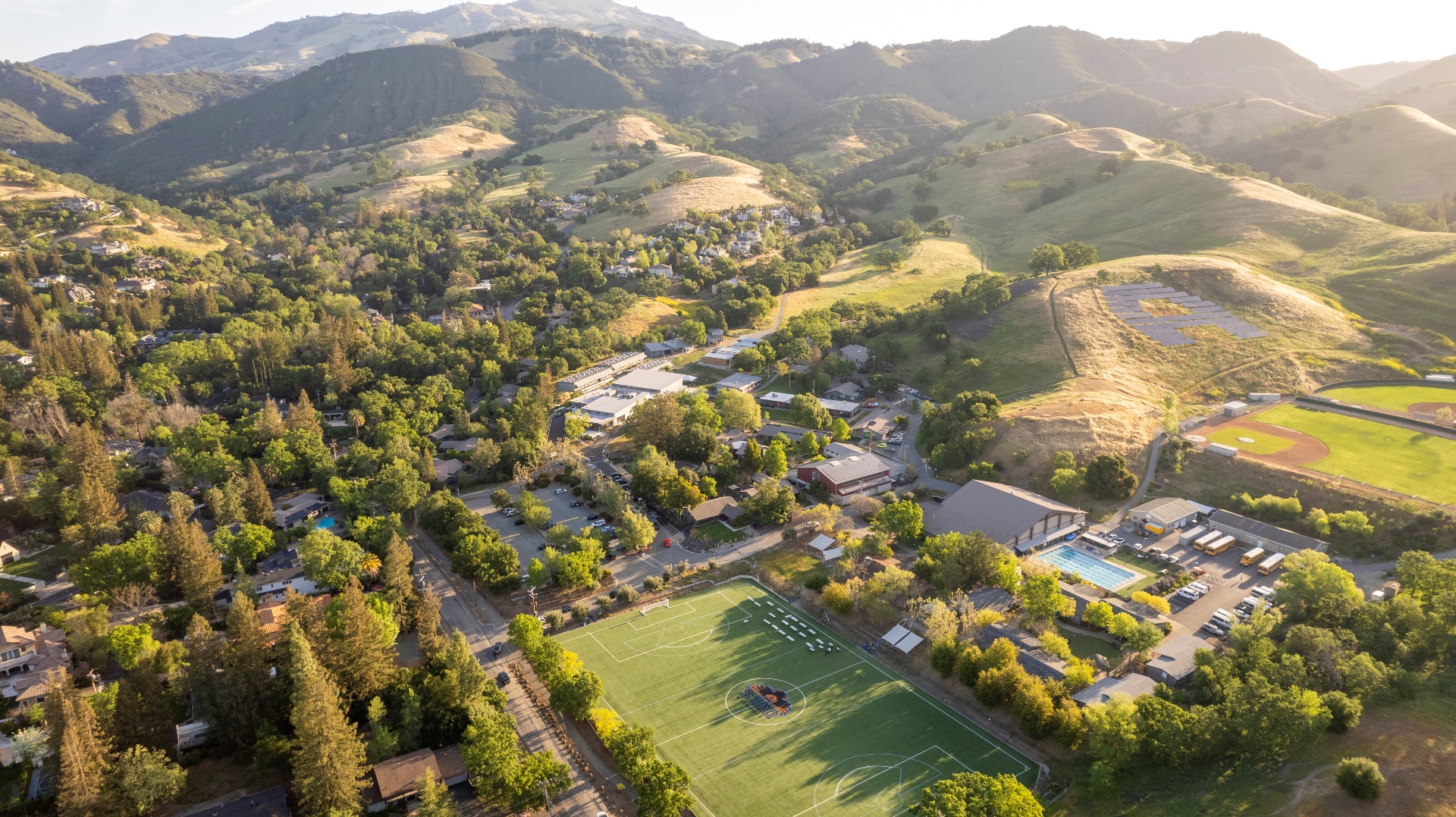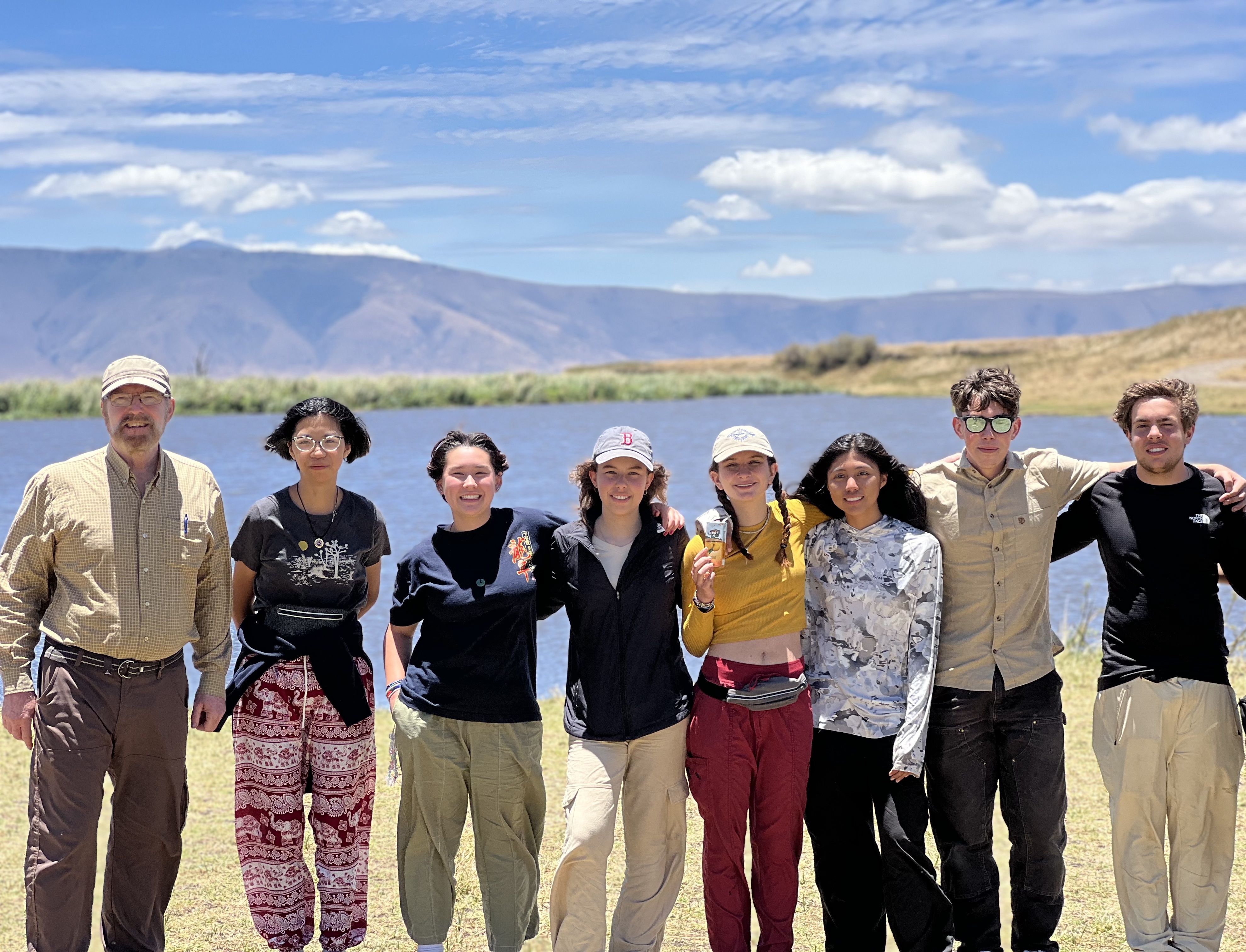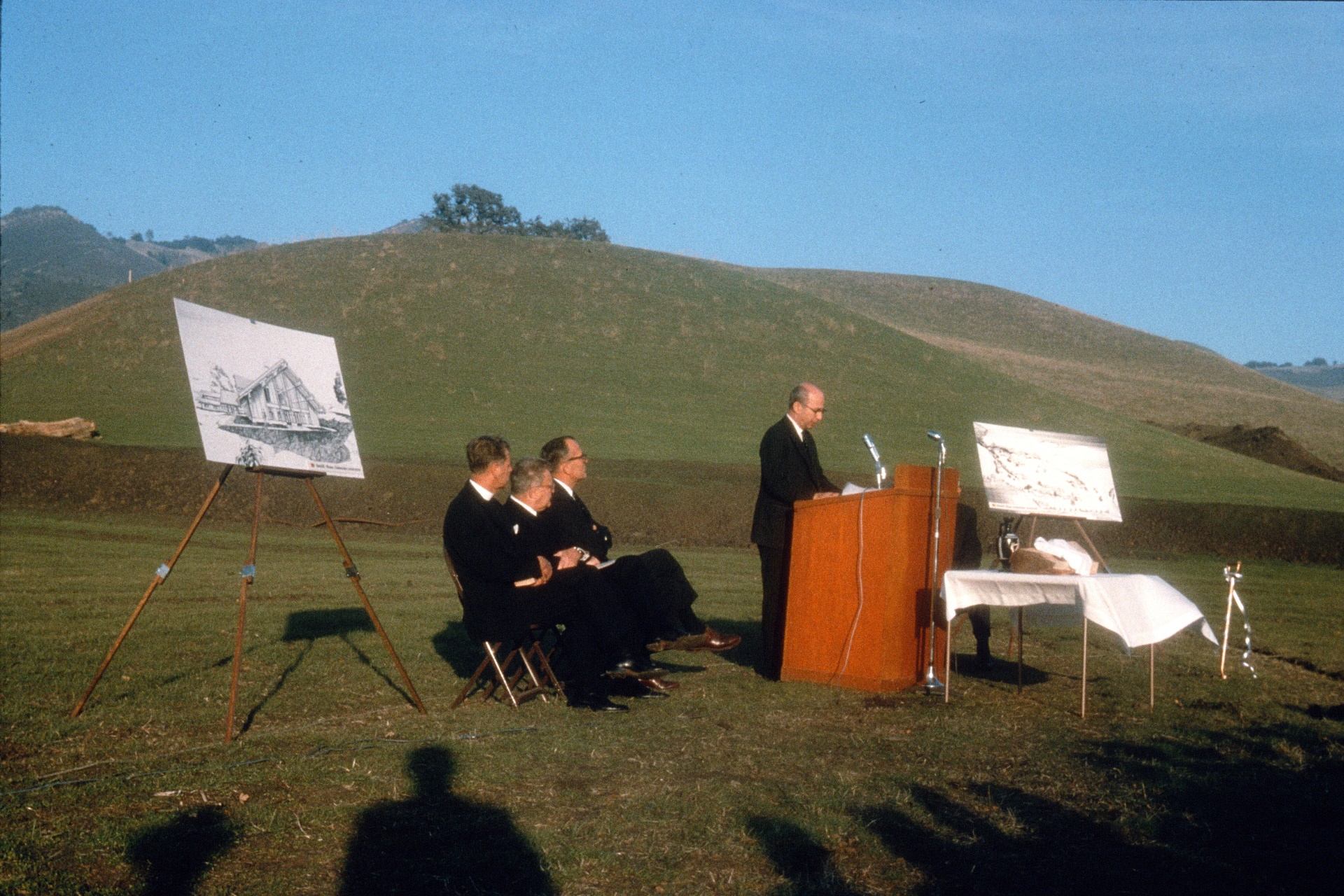Welcome to Athenian, an independent, renowned school community of 535 talented and wholehearted students in grades 6-12, guided by a terrific, committed and caring faculty.
 We balance rigorous courses and high academic standards with signature experiential programming in a stunning and unparalleled campus setting on the edge of a state park at the base of Mount Diablo.
We balance rigorous courses and high academic standards with signature experiential programming in a stunning and unparalleled campus setting on the edge of a state park at the base of Mount Diablo.
We support students in developing their ability to think expansively, solve creatively and lead collaboratively, because these are the capacities and ways of being that best prepare them to contribute to their own communities, local and global.
Throughout their time at Athenian, our students gain demonstrable skills in persistence, collaboration, courage, adaptability and social and cultural self-awareness. Certainly, we are proud of our exceptional record of college and university matriculation for our graduates, and we are proud of the meaningful contributions and differences our alumni are making in the world everyday.
Students at Athenian want to be here. Teachers, coaches, advisors, and staff at Athenian dig deep to inspire, instruct, and stretch students, as they explore intellectually in our classrooms and through our experiential and global programs.
Come to campus and experience our joyful, vibrant community in action. Meet our writers, scientists, athletes, artists, explorers, builders, mathematicians, activists and entrepreneurs.
See Athenian for yourself. We can’t wait to meet you.
Quincy McLaughlin
Interim Head of School






